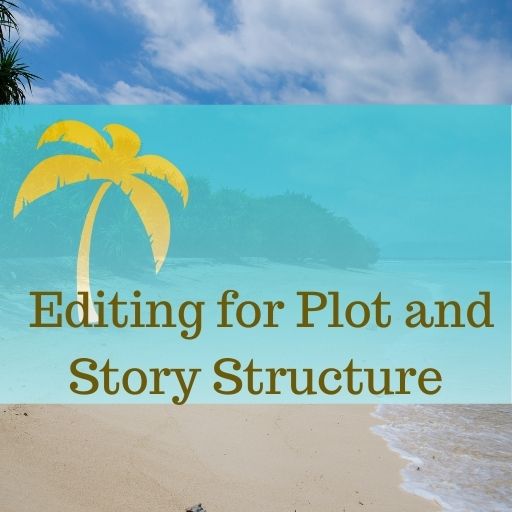What Is Story Arc?
As a developmental editor, you need to be able to help authors understand where their plots are falling down. This means you need to trace the story arc. What is story arc? It’s what happens in a story and why it happens.
The Details: What Is Story Arc Exactly?
Of course, the what and the why are interconnected, but they can also be examined separately (at least to some degree) to help identify problems in the narrative.
For example, a story may have a clear conflict, interesting characters, and carefully explored cause-and-effect (the “why”) but if the pacing is too slow or uneven, none of this matters. The reader will lose interest and wander off.
One technique I often use, especially with beginning writers, is to summarize what happens in each chapter of their novel. This approach helps you see whether each chapter is pulling its weight and how the chapters (and the scenes within chapters, if necessary) link together—or don’t.
The chapter summary is just a sentence or two describing the novel’s action. Note that by action, I don’t necessarily mean guns blazing. It can be a decision made, a conversation that moves the plot in another direction, etc.
How to Trace a Story Arc
Let’s look at an example story’s chapter summary:
- In Chapter 1, the heroine rents a car.
- In Chapter 2, the villain tells his minion everything the author wants the reader to know.
- In Chapter 3, a secondary character moves back to her hometown and has mixed feelings about it.
- In Chapter 4, the hero has an inciting incident, which is described as a flashback.
Here are the issues I see: I have no idea what any of these characters want, and I don’t know what makes them unique, interesting, or engaging. What are their quirks and foibles?
- In Chapter 5, the hero and heroine meet and info dump about their pasts. We are told he immediately feels deeply about her, but this is not shown. Then, we find out that the two are “meant to be” together.
My note to myself says: “Meant to be” just doesn’t work in fiction. It robs the narrative of uncertainty and suspense. If everything is meant to be, then all these characters are just playthings of fate, and nothing they’re doing matters. Their goals, choices, decisions, and actions are meaningless. They have no consequence. But what drives narrative/fiction? It’s the character’s goals, choices, decisions, and actions. You can’t tell the reader these don’t matter and then expect the reader to follow along.
At this point, at the end of Chapter Five, we’re a hundred pages in, and nothing has really happened. The author couldn’t see this because there were lots of words involved and any number of conversations and descriptions. But boiling it down into a brief outline helped her see that her novel consisted almost entirely of telling the reader things instead of showing them unfold. (The pacing was glacially slow.)
Once she saw that, she made big improvements. Doing the outline also helped her identify concerns with the story.
Tips for Editors & Writers
-
The Connection Between Character and Plot
As editors, we need to understand the connection between character and plot and how to support authors in developing this relationship effectively. Causes of Implausible Plot Events A common problem you’ll come across when editing fiction is a situation where characters are shoved around like chess pieces. Margie the protagonist winds up slapping her best…
-
How to Make More Money as a Freelance Editor
If you’re trying to build your freelance business, you’d probably like to know how to make more money as an editor. One way to do that is to offer a wider variety of services to meet client needs. Expanding the services you offer is also a great way to add some variety to your day….
Join the Club!
New to story editing? Begin at the beginning.




